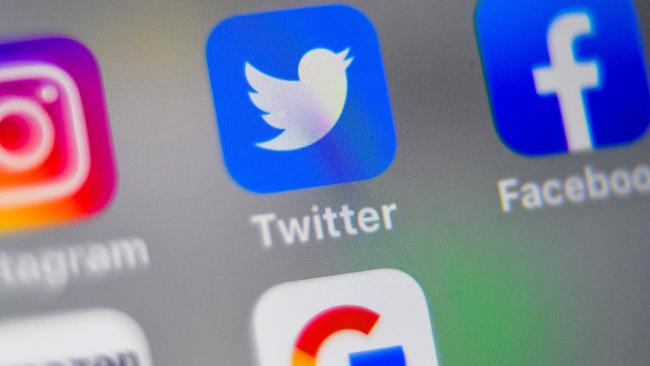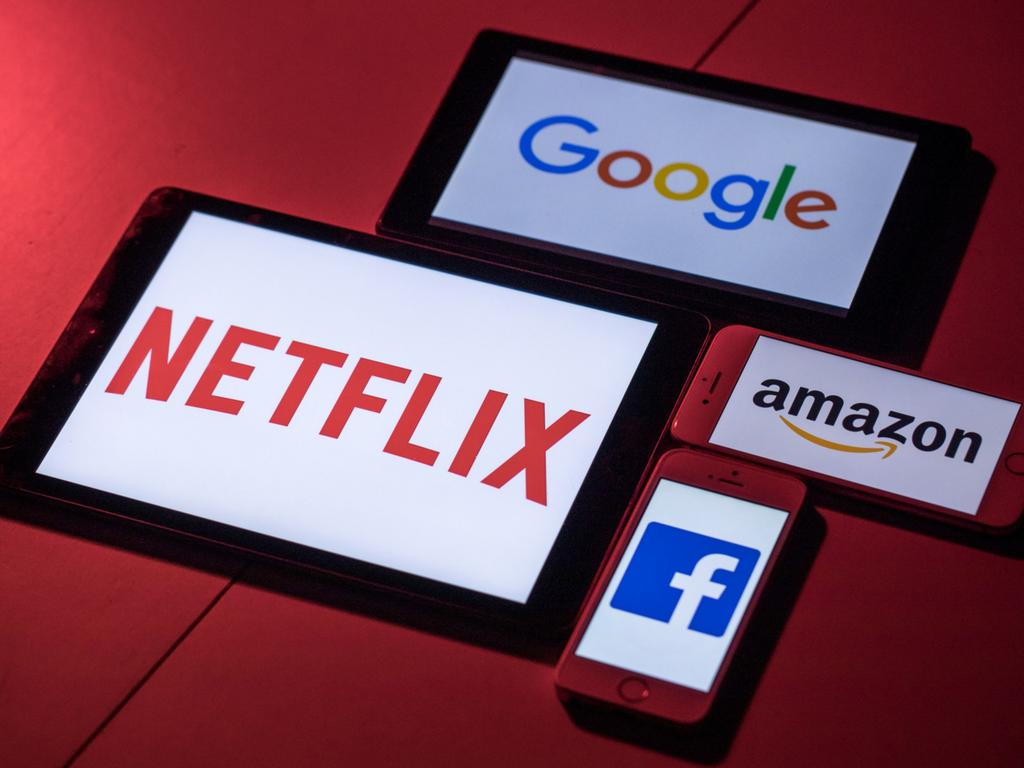US taking on Google proves tide is turning against Silicon Valley giants

The House of Representatives Judiciary Antitrust Subcommittee, chaired by David Cicilline, a Democrat from Rhode Island, released its 400-page report on October 6, following a 16-month inquiry into Google, Facebook, Amazon, and Apple.
It has been an extraordinary process. The committee’s staff went through 1.3 million documents, they interviewed 240 “market participants”, including former employees, for thousands of hours, and held seven public hearings, including grilling both Jeff Bezos and Mark Zuckerberg.
And now this week Donald Trump’s Attorney-General, William Barr, launched an aggressive antitrust lawsuit against Google.
It looks like the first of many such actions that will rewrite competition law and potentially shift the global balance of power between corporations and government. Governments everywhere have been held back by American diffidence against the power of Silicon Valley, but now they will be off the leash.
And if that sounds like an overstatement, consider the way global government power has already been extended during the pandemic and the way central banks now control financial markets. In every way, small government is over for a while.
Nearly 50 years after Ronald Reagan more or less gutted the US’s antitrust laws and introduced the era of small government, Trump’s Department of Justice is joining congressional Democrats in a war against digital monopolies.
In its statement of claim this week, the DoJ accuses Google of “pernicious” anticompetitive practices and is seeking “structural relief as needed”.
In other words, breaking the company up. How that would happen beyond forcing the sale of YouTube is not clear, but the relief sought is open-ended and would include banning payments to device companies like Apple for making Google the default in the browsers other than Chrome.
The Cicilline report goes well beyond that, finding that not only is Google an abusive monopoly, but Amazon, Facebook and Apple are too.
Cicilline was also extremely critical of America’s antitrust regulators, the Federal Trade Commission and DoJ Antitrust Division, for having not filed any significant monopolisation case in two decades, while these digital firms came from nowhere to $US5 trillion ($7 trillion) in market cap.
“(The) agencies have targeted their enforcement efforts on relatively small players — including ice-skating teachers and organists — raising questions about their enforcement priorities.”
The report devotes a lot of attention to the 500 acquisitions that Google, Facebook, Amazon and Apple have been allowed to make and notes that “for most, if not all, of (them), the FTC had advance notice of the deals but did not attempt to block any of them”.
So apart from its findings against the companies, the Cicilline committee has laid bare a history of supine failure by America’s antitrust regulators, which they propose to end.
So the report recommends not only enforcement action against the companies, but also a significant toughening of the laws and increasing the budgets and stiffening the spines of the US regulators.
The report also goes into great detail about how the four companies use lobbying and the funding of think tanks and universities to expand “their sphere of influence, and (shape) how they are governed and regulated”, and also the way they use brutal coercion of other businesses to get their way.
“Repeatedly, market participants expressed deep concern that speaking about the dominant platforms’ business practices — even confidentially without attribution — would lead a platform to retaliate against them, with severe financial repercussions.”
As for what to do about it, Cicilline simply recommends breaking the companies up and putting rules in place that would force them to offer equal access to rivals.
The specific matter that Australia’s ACCC that gone to so much trouble to address — the starving of journalism and news media of money — gets scant attention, with only a recommendation that news organisations get a temporary “safe harbour” to collectively bargain with the digital monopolies.
Nevertheless the Cicilline report and the DoJ antitrust action against Google will empower competition legislators and regulators around the world, including the ACCC.
Perhaps the most important thing to happen is not so much these actions and reports by the ACCC, the Cicilline Committee and now the DoJ action against Google, but the fact that society’s attitude to these businesses, and technology generally, has obviously shifted.
These companies used to be the height of coolness: Steve Jobs was a hero when he launched the iPhone; Google and Facebook were the enablers of the internet revolution, democratising communication and knowledge; Amazon was admired because it started with books, and became incredibly good at online commerce.
In many ways they were symbols of freedom and hope, and left-wing movements like Occupy Wall Street in 2011 praised them while condemning the rest of the business and financial world.
Now they are just the world’s biggest, most powerful corporations, worth a third of the S&P 500 and responsible for all the growth in US profits over the past 20 years. The curtain has been pulled aside, exposing them as rich, powerful and abusive monopolies.
And now they have managed a rare feat — American political bipartisanship (against them) — and while the crackdown may be more ferocious if Joe Biden wins the election next month, the Trump action against Google shows there won’t be much in it.
There is a good chance that in five years the technology and corporate landscape will look entirely different.
Alan Kohler is the editor in chief of Eureka Report.







That the Trump administration has followed up the Democrat-led antitrust congressional investigation into the digital monopolies by actually going after Google is a unique bipartisan event, and it shows that public opinion is turning against Big Tech.